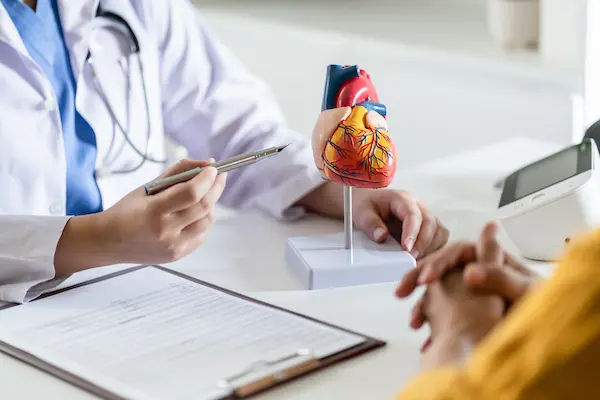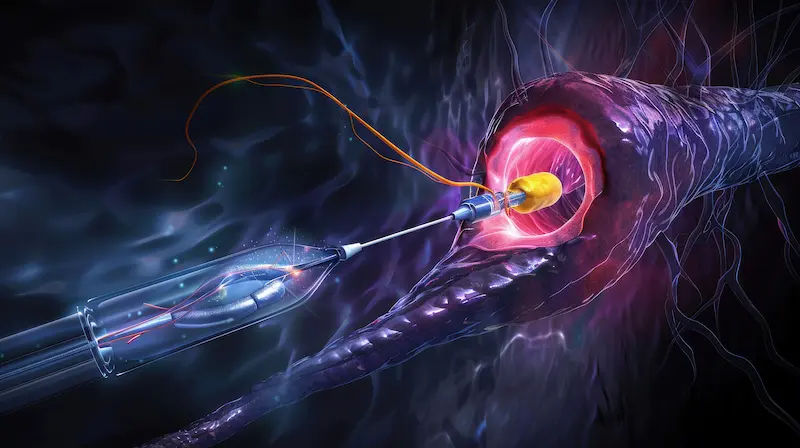- Female
- 23 Years
- 22/01/2025
I'm feeling this weird heaviness in my chest, and I don't really have any other symptoms, but my heart's racing and I can actually hear it beating really fast. Could you help me figure out what's going on? I'm just really nervous about it.
More Cardiology Health Queries
View allI'm really concerned because I've noticed my heartbeat is pretty low, around 44 beats per minute. There are moments when I feel completely exhausted, and at times, it's hard for me to breathe, almost like I might pass out. It's really scary. Could this be something serious? What should I do?
visit dermatologist for evaluation and appropriate management
Answered by 1 Apollo Doctors
I'm feeling really anxious today because after taking Bromelain this morning, my blood pressure machine has been showing an irregular heartbeat consistently. My BP reading is 133 over 80, and my heart rate is 71. I'm not sure if this is serious enough to warrant a trip to the hospital. Any insights on what I should do?
Bromelain is a natural supplement derived from pineapples that may cause side effects such as irregular heartbeat in some individuals. Since you are experiencing this symptom along with uncertainty, it is advisable to seek medical attention. You can take 25mg of Metoprolol to help regulate your heartbeat. If the irregular heartbeat persists or worsens, please visit the hospital for further evaluation and management.
Answered by 1 Apollo Doctors
I'm really concerned because I just found out I have a non-specific T wave abnormality and my blood pressure is pretty high. Is this something I should be worried about? Can I continue with my current treatment, or do I need to consider changing it?
Non specific T wave abnormality with high blood pressure can be concerning, as it may indicate underlying heart issues. It is important to monitor your blood pressure regularly and follow up with your healthcare provider for further evaluation. In terms of treatment, it would depend on your overall health condition and the specific medications you are currently taking. If you are already on medication for high blood pressure, your doctor may adjust the dosage or add additional medications to better control your blood pressure and reduce the risk of complications. It is important to follow your doctor's recommendations for treatment and lifestyle modifications to manage your condition effectively.
Answered by 1 Apollo Doctors
Disclaimer: Answers on Apollo 247 are not intended to replace your doctor advice. Always seek help of a professional doctor in case of an medical emergency or ailment.





